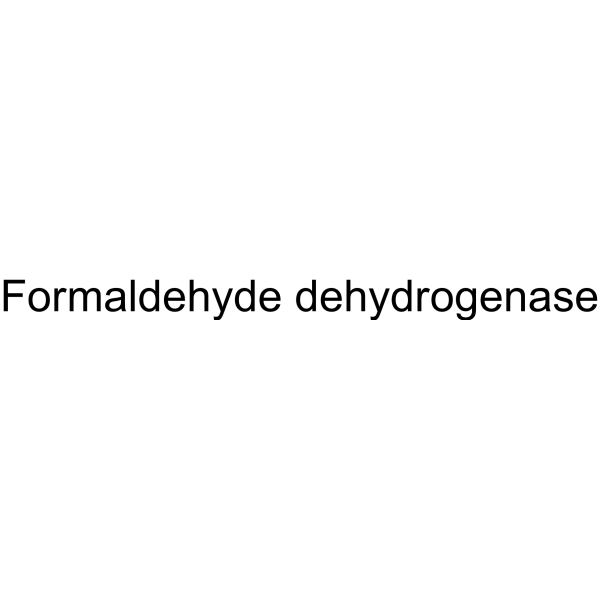| Structure | Name/CAS No. | Articles |
|---|---|---|
 |
Formate dehydrogenase
CAS:9028-85-7 |
|
 |
Formaldehyde Dehydrogenase, from Pseudomonas sp.
CAS:9028-84-6 |